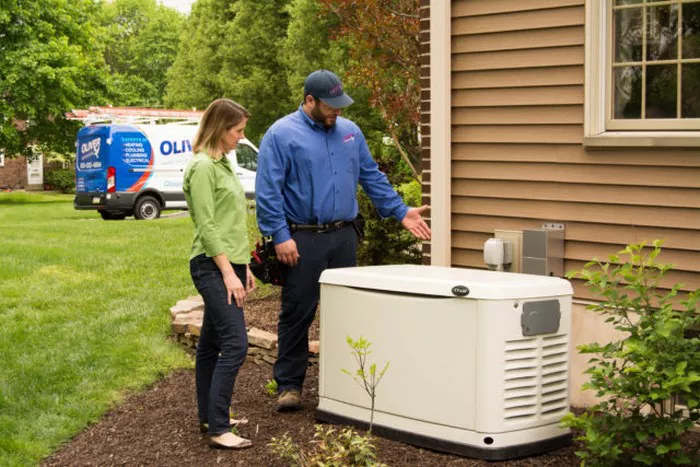The impact of Hurricane Beryl in Texas, including extended power outages during a summer heatwave, has brought significant attention to the need for reliable backup power in senior living communities. In response, several bills have been proposed in the Texas Legislature to address generator requirements for assisted living communities, nursing homes, and other senior care facilities.
Proposed Legislation for Senior Living Generator Requirements
Texas lawmakers have introduced various bills aimed at improving the preparedness of senior living communities during natural disasters:
SB 481: This bill mandates that emergency plans for assisted living communities and nursing homes include provisions for generators.
HB 1199: Requires emergency generators to be able to operate for a minimum of 72 hours.
HB 1467: Calls for assisted living communities to have generators and file detailed health and safety plans with the Texas Division of Emergency Management.
HB 2224: Imposes a requirement for backup power lasting 48 hours after an outage in assisted living communities, independent living communities, and nursing facilities with elevators.
HB 863: Proposes a shared database of emergency plans for independent living communities, including generator requirements.
Senator Carol Alvarado (D-Houston) filed SB 481, highlighting the gaps in Texas’s disaster preparedness. She cited the tragedy that occurred during Hurricane Beryl, where 28 older adults died, many from overheating. The devastating effects of Winter Storm Uri in 2021, which led to the deaths of 107 older adults from hypothermia, further underscored the need for these measures.
Industry Concerns and Legislative Pushback
The Texas Assisted Living Association (TALA) has expressed concerns about the proposed legislation, particularly the conflation of senior living communities with apartments or affordable housing. According to TALA President and CEO Diana Martinez, the proposed bills often misrepresent the actual number of people affected by previous disasters and fail to account for the unique needs of senior living communities. She emphasized that TALA is working with legislators to ensure that future laws take a more practical and realistic approach to backup power requirements.
Discrepancies in Generator Readiness
Following Winter Storm Uri in 2021, a survey conducted by the Texas Health and Human Services Commission revealed significant variations in the ability of assisted living communities and nursing homes to provide cooling and heating during power outages. Among assisted living communities, 47% reported having generators, but only 56% could provide cooling, and 59% could provide heating. This inconsistency in preparedness highlighted the urgent need for comprehensive legislation to ensure reliable backup power in such facilities.
National Efforts for Emergency Power in Senior Living
In 2023, both the US Senate Finance Committee and the Senate Special Committee on Aging recommended that states establish emergency power requirements for assisted living and other residential care settings. These recommendations followed an investigative report, Left in the Dark, which examined how senior care facilities fared during power blackouts caused by Winter Storm Uri. The report found that many communities struggled to maintain critical functions during outages, leading to calls for better emergency preparedness at the state level.
Challenges with Independent Living Legislation
One of the bills, HB 863, which proposes a shared database for health and safety plans of independent living communities, has raised concerns. According to TALA, independent living communities do not provide healthcare services or assistance with daily living activities. If required to file health plans or address residents’ health status, these facilities could face licensure issues and potential penalties. Martinez argued that the existing State of Texas Emergency Assistance Registry is a more effective tool for coordinating emergency resources for vulnerable individuals, regardless of where they live.
Conclusion
The legislative push for backup power requirements in senior living communities highlights the need for stronger disaster preparedness in Texas. While these efforts aim to protect vulnerable older adults during power outages caused by hurricanes, heatwaves, or winter storms, the bills need to strike a balance between practical requirements and the unique challenges faced by different types of senior living communities. As Texas lawmakers continue to address these issues, a more comprehensive and realistic approach will be crucial to safeguarding the health and well-being of older residents during times of crisis.
Related topics:

